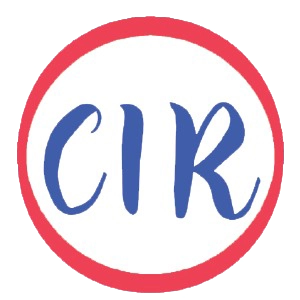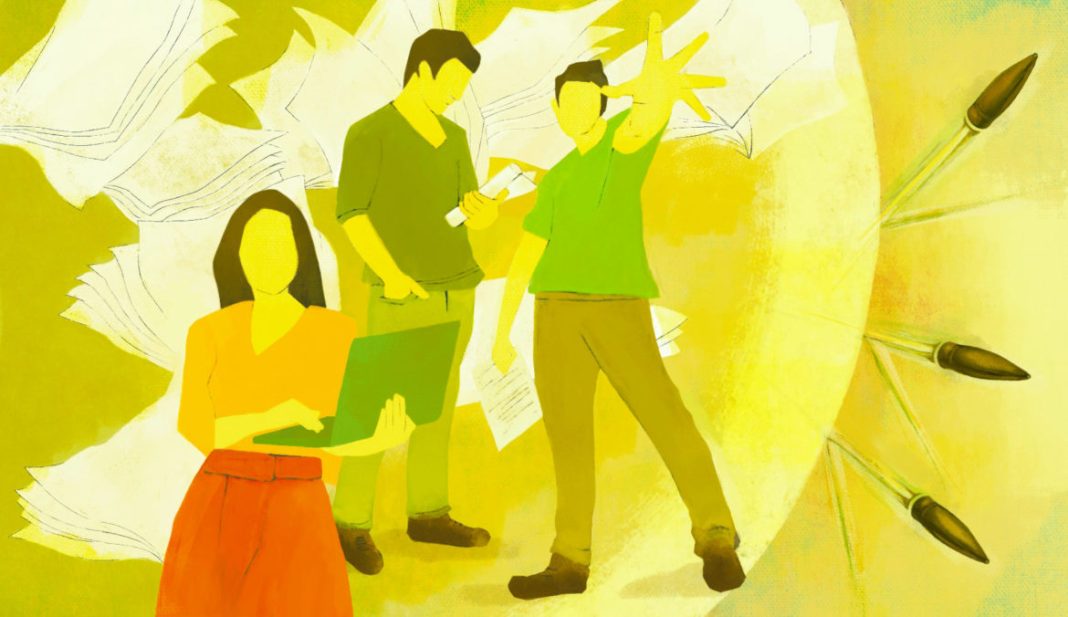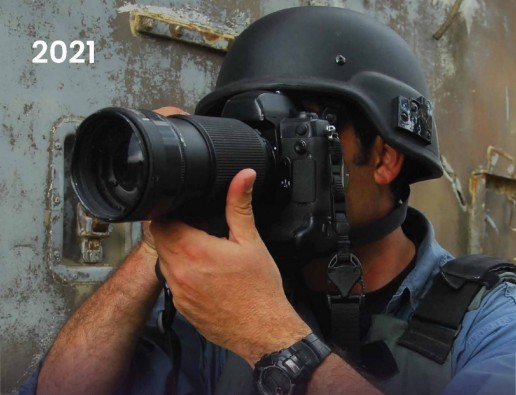EJN is offering reporting grants to support the production of in-depth or investigative stories that will highlight progress toward a post-pandemic “green recovery”.
Please read the following sections carefully, as they contain important information on eligibility and the application process.
Overview
The Covid-19 pandemic has become the most disruptive global health emergency in modern history, with devastating consequences for people across the world. With economies starting to slow due to lockdown measures, governments in many countries have announced stimulus plans worth trillions of dollars to revive economic prospects and boost business and job opportunities. Some economists, government leaders and energy think tanks have called this an opportunity for a “green recovery”, a win-win situation which will reinvigorate the economy while working towards a greener, more carbon-neutral future.
The World Economic Forum has documented a collective $14 trillion pledged by the world’s 50 largest economies to help their countries recover from the impact of the pandemic. But despite this unprecedented opportunity to curb CO2 emissions and fund equitable and sustainable solutions to the climate crisis, less than one-fifth of committed spending is going towards green initiatives. What could a Covid-19 recovery look like if benefits to both people and planet were prioritized?
EJN is seeking to increase reporting on this emerging topic in order to improve public understanding of these actions and ensure that governments are held accountable for implementing recovery plans that work towards a sustainable future. This is a critically timed opportunity to shape investment for years to come, and for the public to have a voice in ensuring that their country is rebuilt better than before.
These story grants are a part of EJN’s Green Recovery project, supported by Svenska Postkodstiftelsen (the Swedish Postcode Foundation).
Story Themes
We welcome investigative and/or in-depth stories that engage audiences to better understand the commitments (or lack thereof) from governments, administrations, corporations and other authorities to progress towards a green, sustainable future. We are also seeking story pitches that more generally focus on energy and climate change at the national or international level.
Eligibility
Applications are open to journalists (online, print, television, radio) and other expert media practitioners with experience in investigative reporting and covering environment and/or issues related to climate. We encourage applications from freelancers and staff from all types of media organizations—international, national, local and community-based.
We are seeking to support both early-career and senior journalists with many years of reporting experience. We’ll accept both individual and group applications, but for the latter we ask that the application is made in the name of one lead applicant who will receive the grant on the group’s behalf, if awarded.
Story approach & format
We expect to award 10 grants with the average grant amount being 1,100 GBP. We may consider larger grant amounts for stories using innovative or investigative approaches that may be more costly and time-consuming.
Applicants should provide a detailed budget with justification for the amount requested using this template. We ask that budgets be reasonable and account for costs necessary for reporting without being extraneous. We expect that stories will be produced with equipment the applicant already has access to (including cameras, drones, lighting, tripods, etc.) and will not consider budgets that heavily focus on producing new supplies.
Stories can be produced in any language. However, applicants who intend to write or produce stories in their local language need to also include an English translation. Please include the cost for translation in the budget, if necessary.
Freelance reporters should demonstrate a plan for publication or broadcast and are encouraged to provide a letter of interest from the editor.
Judging criteria
Applicants should consider the following points when devising their story proposals.
- Relevance: Does the proposal meet the criteria and objectives of the call? Why does this story matter and to whom? Is the main idea, context and overall value to the target audience clearly defined?
- Angle: If the story has been covered by mainstream media, does your proposal bring new insights into the topic or offer a fresh angle?
- Impact: Does the proposal have a compelling narrative or investigative element that will inform and engage, draw attention, trigger debate and urge action?
- Innovative storytelling: The use of creative approaches, multimedia and data visualization will be considered a plus.
Application process
- Click the ‘Apply now’ button at the top of the following page. https://earthjournalism.net/opportunities/story-grants-on-green-recovery-from-the-covid-19-pandemic
- If you have an existing account, you’ll need to log in. If not, you must register for an account by clicking “Join the Network” on the top right of the page.
- If you start the application and want to come back and complete it later, you can click ‘Save Draft.’ To return to the draft, you’ll need to go back to the opportunity and click ‘Apply now’ again to finalize the application.
- Applications should provide a detailed budget with justification for the amount requested. Download the budget template here. We expect that proposals will largely rely on the use of equipment the applicant already has access to (including cameras, drones, lighting, tripods, etc.) and will not consider budgets that heavily focus on procuring new supplies. We will consider some costs for the reporters’ salary, particularly if the applicant is a freelancer, but this should be a small portion of the total budget. Please include the cost for translation, if necessary. Please also note on your budget form if you are receiving funding from any other donors for the story.
- You must submit two samples of stories or links to relevant work. You’ll be asked to upload these as part of the application process.
If you encounter any difficulties submitting your application or have questions about the grants, please email [email protected]. Applications submitted after the deadline will not be considered.
Banner image: In southern Mauritania on the banks of the Senegal River, a women’s cooperative uses solar energy to operate the borehole that supplies water to the market garden. Raphael Pouget / Climate Visuals Countdown/Earth Journalism Network.




